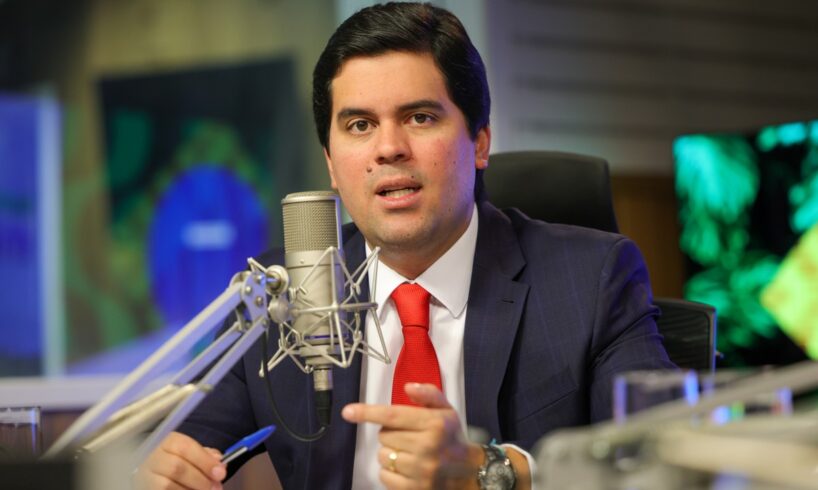
Just over a month after the Progressive Party (PP) announced that its members should resign from positions in President Lula’s administration, the party and the Planalto Palace have reached an agreement. Sports Minister André Fufuca will stay in office without facing any disciplinary action from his party, and in return, the PP will take part in discussions to nominate political appointees for second- and third-tier positions in the federal government.
The deal was made on Wednesday night (22) during a meeting between Institutional Relations Minister Gleisi Hoffmann, André Fufuca, and PP leader in the Lower House, Congressman Doutor Luizinho.
Sources say the two lawmakers approached Ms. Hoffmann to inform her that they had resolved the deadlock over Mr. Fufuca’s case. The minister had faced threats of administrative sanctions for refusing to resign. During the meeting, Mr. Fufuca reportedly said he would take a leave of absence from his duties within the PP but would not face any penalties from the party.
President Lula himself supported keeping Mr. Fufuca in the Sports Ministry, assessing his performance positively. The congressman was appointed to the position in 2023 by former Lower House Speaker Arthur Lira.
As part of the agreement, the Planalto will permit the PP to submit new nominations for vacant positions identified in a recent review of appointments linked to the center-right bloc within the federal administration.
The review, launched by the government on October 9—the day after a major defeat in the Lower House—followed the rejection of the provisional presidential decree that would have replaced an increase in the Tax on Financial Transactions (IOF). Lawmakers voted 251 to 193 against the measure.
After that setback, Ms. Hoffmann personally called all 37 cabinet ministers, instructing them to dismiss any appointees linked to the 251 legislators who voted against the decree.
As Valor recently reported, this purge has already resulted in at least 21 dismissals of political appointees in just ten days.
Due to these vacancies, the government will now contact loyal party leaders and lawmakers to give them the chance to nominate replacements.
Besides the PP, led by Mr. Fufuca, the Planalto Palace is expected to hold similar discussions with two parties, the Brazil Union and the Republicans, by this Friday (24). The latter is the party of Lower House Speaker Hugo Motta. The aim is to listen to their demands and talk about possible new names for positions in the federal government.
Despite this outreach, few center-right lawmakers actually supported the government during the IOF vote. Of the 44 Republican legislators, nine followed the government’s guidance—making them eligible to nominate candidates for federal posts. Brazil Union and the PP offered even less support: five votes from the former and just one from the latter.
Tensions remain high between the Brazil Union and the government. The party suspended Tourism Minister Celso Sabino after he announced his intention to stay in President Lula’s cabinet. He was publicly criticized by the party’s president, Antonio Rueda, who has been clashing with President Lula for months.
In practice, there are few lawmakers the government can reward without alienating those who helped defeat it. Parties such as the Social Democratic Party (PSD), led by Gilberto Kassab, which gave 20 votes in favor of the IOF decree, and the Brazilian Democratic Movement (MDB), responsible for another 16, are expected to gain more influence within the administration.
Through this move, the Planalto Palace aims to improve relations with Congress before the legislative year ends. The government needs support in Parliament to pass, for example, the 2026 Budget Guidelines Act (LDO). Recently, the Joint Budget Committee postponed the final report on the LDO again, now scheduled for November, as negotiations continue due to the need to offset a roughly R$20 billion gap caused by the defeat of the IOF decree.





